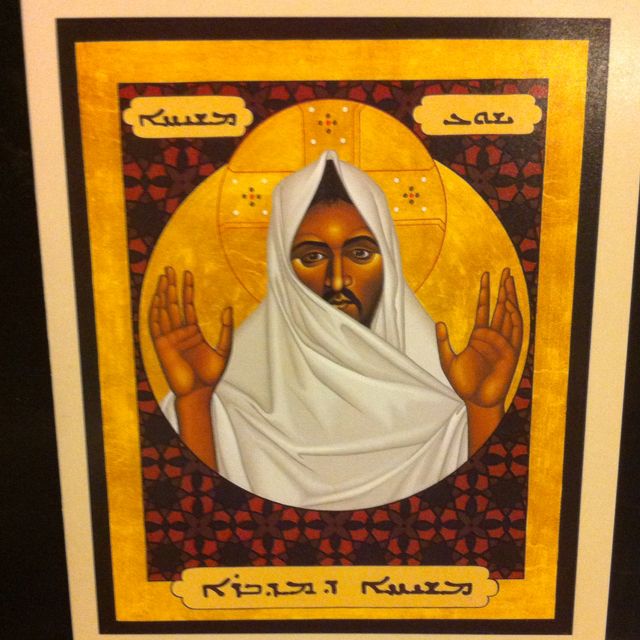
Growing up Muslim in semi-rural Northern California in the ’70s and ’80s meant having almost zero exposure to Muslims or the Islamic faith. Even my Pakistani father didn’t teach me much more than the name of Islam’s prophet. So the primary example of Godliness for most of my formative years was Jesus. I wasn’t taught to worship Jesus, or even to revere him. But from earliest memory, I inherently accepted him as a conveyer and proof of God’s truth.
Since then, Jesus has been consistently present in my life. His perfection of love and kind-heartedness is something I aspired to—even in kindergarten when I was known as a peacemaker, solving problems between other kids. I don’t know when I was first exposed to the example of Jesus, but he seemed to impact me from a young age. His teachings of tolerance and patience with those who offend served me well in my school years when I experienced many a thug picking on me for my weird name or my origins from a race of dark-skinned foreigners.
In high school it was Jesus the social misfit and ‘rebel with a cause’ that I related to. The broader society he was born into needed a firm slap in the face, and he delivered it handily! As a teen, I had my own strong urge to metaphorically slap people upside the head, as I felt displaced in ways Jesus did in his time—or so I imagine. And I longed to speak truths that went against societal conventions, even if they disturbed people (or especially if they disturbed people!), without fear of consequences, as did Jesus. Jesus said some hardcore stuff to rattle people awake: “If your eye offends you, pluck it out. If your hand offends you, cut it off.” As a typical teenage boy with an appreciation for darker metaphors, I thought these sayings were off-the-charts cool.
By coincidence of nature, or perhaps a beautiful plan, I began to be called Jesus at some point in my teen years. With my unkempt long dark hair and scruffy facial growth, I attracted the comparison. Though I didn’t encourage it, there was something strangely satisfying about having Japanese foreign exchange students follow me around, pointing at me and giggling, whispering to each other “It’s Jesus”!
In college I began serious study of Islam, and it solidified as my religion of choice. Yet my love for Jesus continued, and has never been in conflict with my Muslim faith. On the contrary, I credit it with assisting my interest in spirituality. When my soon-to-be wife converted to Islam and was given one of the Muslim names of the Virgin Mary, I was hardly surprised. It was yet another event in a long line that cemented my inner sense of connection with him.
As my youth fades away and I begin to face my latter days, I am inclined to apologize to Jesus. Though he’s always been there for me, teaching me good and warning against evil, I have never found a solid footing from which to demonstrate I am his follower, or at least the type of follower I yearn to be. I am comforted, however, by continuing to remember what a shining example of good he is, and the infinite value of appreciating him.
Islam teaches that Jesus was God’s messenger, similar to Muhammad, and that he will have a second coming, returning to Earth one day. If I’m still alive, I’d very much like to meet him. Thanks in advance to anyone who can set that up for me!
—————-
– Aamir Malik is a musician, writer, and starving artist currently residing in Chico, CA. His short film “A Muslim Christmas,” where he boldly proclaims “Muslims love Jesus too!” can be found on Youtube.com.
So happy you contributed this essay, Aamir. With this and your awesome short film, “A Muslim Christmas,” you demonstrate well that Jesus appreciation swells beyond the bounds of Christian tradition.
Aamir, i love this piece of verisimilitude. ( i’ve been dying to use that word all week 🙂 ) Like a slice of life with the Christ wrapped in a beautiful perspective, i am grateful for your words….Thank you.
Assalamu ‘alaikum, Aamir! Thank you for this beautiful testimony. Sounds like you have long served as a cultural ambassador for Islam, even if you didn’t experience an orthodox upbringing. Bless you for contributing to our community of words.
Often the first question raised about Jesus in cross-cultural conversations is what title he should have. Christians commonly use titles like Christ, Messiah, Savior, Lord – basically anything that places him in the central position of cosmic authority. Islam reserves that place for God, yet I’m learning that titles such as Christ and Messiah are used for Jesus by some Muslims.
What do these words really mean in our hearts? Theological debates over titles seem hollow if debaters don’t put the basic teachings of Jesus into action. Some folks I’ve met who seem to have the clearest grasp of those teachings don’t use any titles for Jesus. Some just say “Jesus is my guy,” or simply call him “friend,” or don’t talk about Jesus much at all.
Maybe by building cross-cultural friendships, we prepare for his return.
Aamir, thank you for sharing this beautiful, insightful piece!